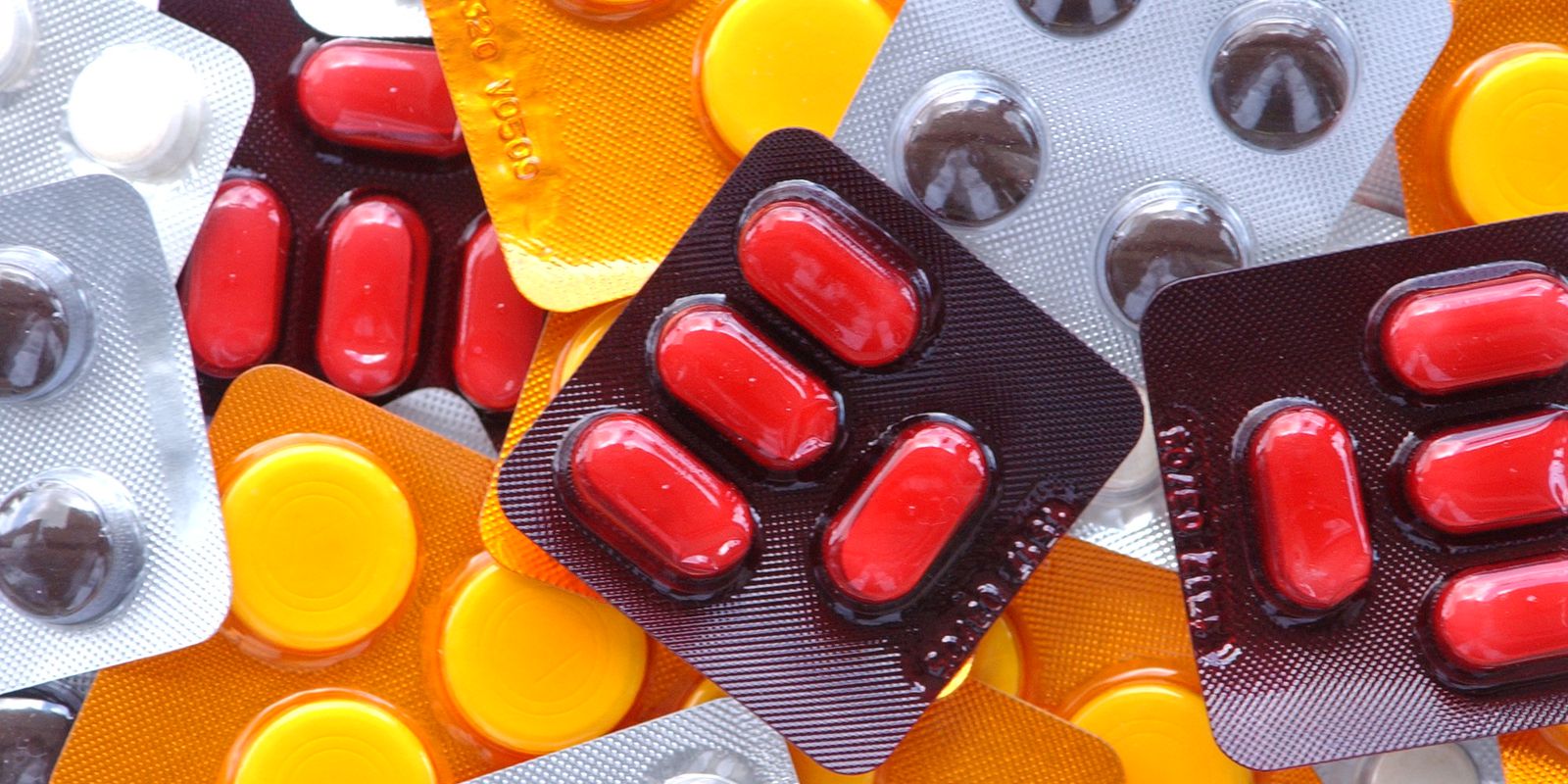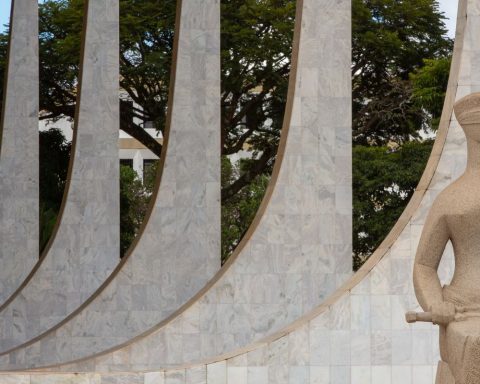Almost all pharmacists in the state of São Paulo report a lack of medicines in the establishments where they work. A survey by the Regional Council of Pharmacy of the State of São Paulo reveals that 98.5% of professionals indicate a lack of medicines in the private and public networks of pharmacies and health establishments in the state.
1,152 pharmacists were heard across the state between May 19 and 30. Among the professionals, 82.8% work in private establishments and 14.4% in public units or in partnership with the government system. They work in other models, such as philanthropic entities, 2.8%.
Among those who work in the private network, 899 work in pharmacies and drugstores, and 893 said they face a lack of products on the shelves. The vast majority (98.3%) of the 118 professionals who work in establishments directly linked to the Public Power also reported a lack of medication.
The drugs most in short supply are antimicrobials, with shortages reported by 93.4% of pharmacists. Mucolytics, to relieve the symptoms of respiratory infections, are in second place, with 76.5% of professionals stating that there is a shortage of this type of product. Antihistamines, used for allergies, are medicines that are lacking in the workplaces of 68.6% of professionals, and analgesics, in 60.6%.
supplier failures
The biggest reason for the lack of medicines, according to the professionals, is the scarcity in the market, mentioned as a factor by 933 of the interviewees. The unexpected rise in demand was mentioned by 561 of the professionals interviewed. A part of the participants (459) also mentioned supplier failures and 222 said that prices are above reasonable.
According to the Regional Pharmacy Council, most of the missing medicines are made up of liquid formulations, which affects pediatric patients in particular, who find it easier to ingest the medicines that way.
Also according to the entity, in addition to the logistical failures that affect several industrial chains due to the covid-19 pandemic, the war in Ukraine and the strong restrictions on movement to contain the outbreaks of coronavirus in China also hamper the supply of medicines.
















